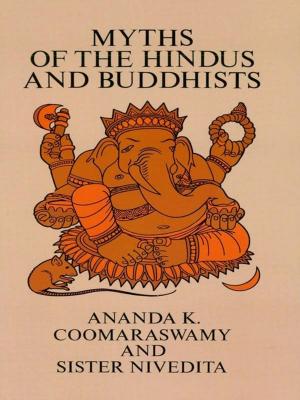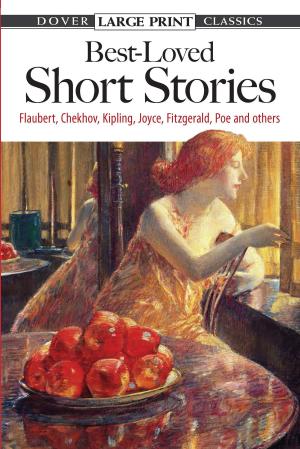| Author: | ISBN: | 9780486780672 | |
| Publisher: | Dover Publications | Publication: | February 18, 2014 |
| Imprint: | Dover Publications | Language: | English |
| Author: | |
| ISBN: | 9780486780672 |
| Publisher: | Dover Publications |
| Publication: | February 18, 2014 |
| Imprint: | Dover Publications |
| Language: | English |
Discover one of the greatest collections of medieval literature with this historic work, which features more than 180 tales of Greeks, Romans, Britons, biblical figures, and others. Drawn from European and Asian sources, the stories abound in fascinating figures from all walks of life, including Pope Gregory, Noah, Socrates, and a host of other characters, from emperors to pirates.
Chaucer, Boccaccio, and Shakespeare are among the writers influenced by these fables, and readers may recognize scenes reminiscent of The Merchant of Venice, King Lear, "The Lawyer’s Tale" from Canterbury Tales, and other works. The origins of Gesta Romanorum are obscure; it is thought to have been compiled in the late thirteenth century, and the author's identity is uncertain. As the name suggests, the stories were written in Latin. Gesta, meaning "deeds," later came to signify "jest" because of these lighthearted tales and their enduring power to amuse and inspire.
Chaucer, Boccaccio, and Shakespeare are among the writers influenced by these fables, and readers may recognize scenes reminiscent of The Merchant of Venice, King Lear, "The Lawyer’s Tale" from Canterbury Tales, and other works. The origins of Gesta Romanorum are obscure; it is thought to have been compiled in the late thirteenth century, and the author's identity is uncertain. As the name suggests, the stories were written in Latin. Gesta, meaning "deeds," later came to signify "jest" because of these lighthearted tales and their enduring power to amuse and inspire.
Discover one of the greatest collections of medieval literature with this historic work, which features more than 180 tales of Greeks, Romans, Britons, biblical figures, and others. Drawn from European and Asian sources, the stories abound in fascinating figures from all walks of life, including Pope Gregory, Noah, Socrates, and a host of other characters, from emperors to pirates.
Chaucer, Boccaccio, and Shakespeare are among the writers influenced by these fables, and readers may recognize scenes reminiscent of The Merchant of Venice, King Lear, "The Lawyer’s Tale" from Canterbury Tales, and other works. The origins of Gesta Romanorum are obscure; it is thought to have been compiled in the late thirteenth century, and the author's identity is uncertain. As the name suggests, the stories were written in Latin. Gesta, meaning "deeds," later came to signify "jest" because of these lighthearted tales and their enduring power to amuse and inspire.
Chaucer, Boccaccio, and Shakespeare are among the writers influenced by these fables, and readers may recognize scenes reminiscent of The Merchant of Venice, King Lear, "The Lawyer’s Tale" from Canterbury Tales, and other works. The origins of Gesta Romanorum are obscure; it is thought to have been compiled in the late thirteenth century, and the author's identity is uncertain. As the name suggests, the stories were written in Latin. Gesta, meaning "deeds," later came to signify "jest" because of these lighthearted tales and their enduring power to amuse and inspire.















